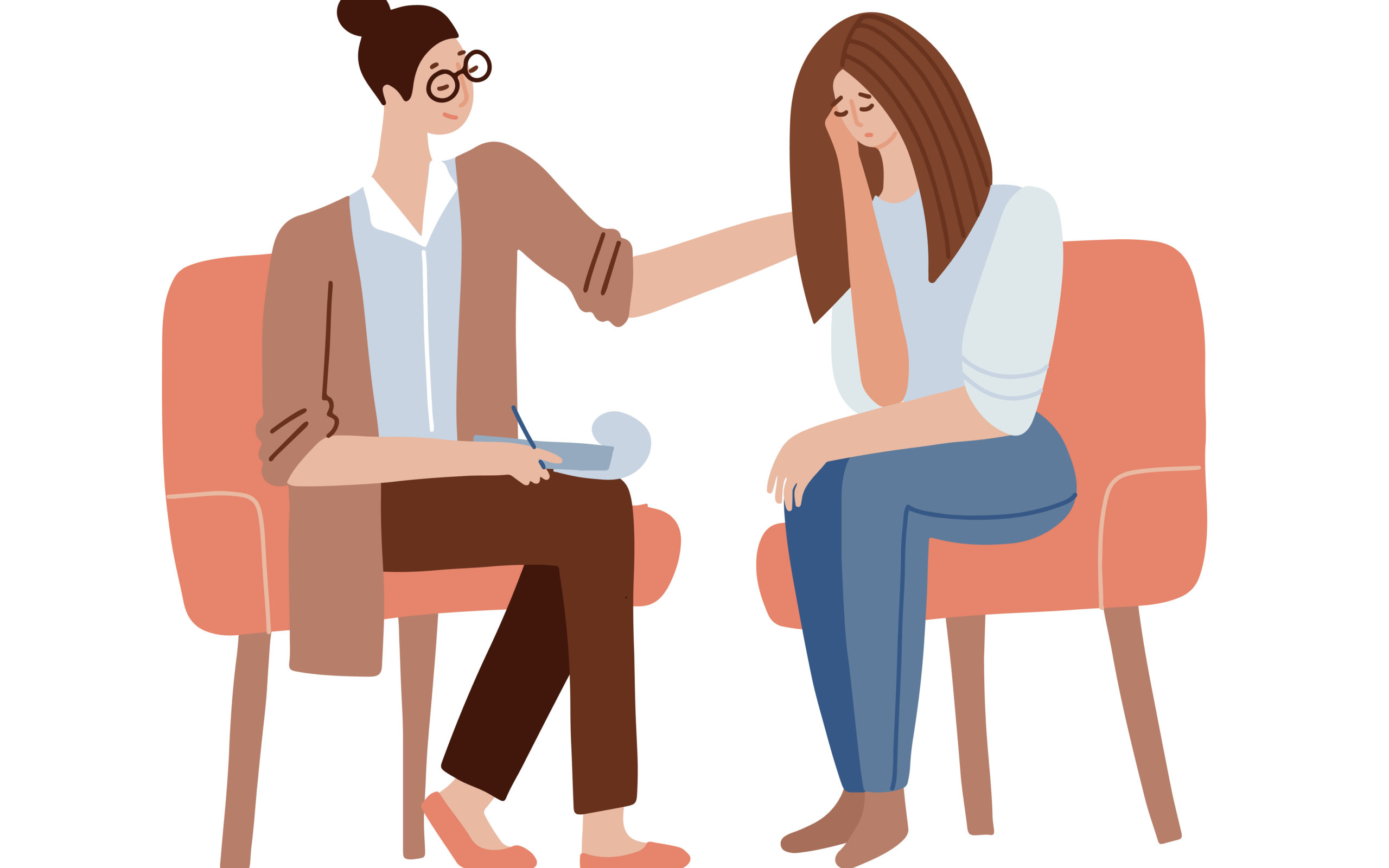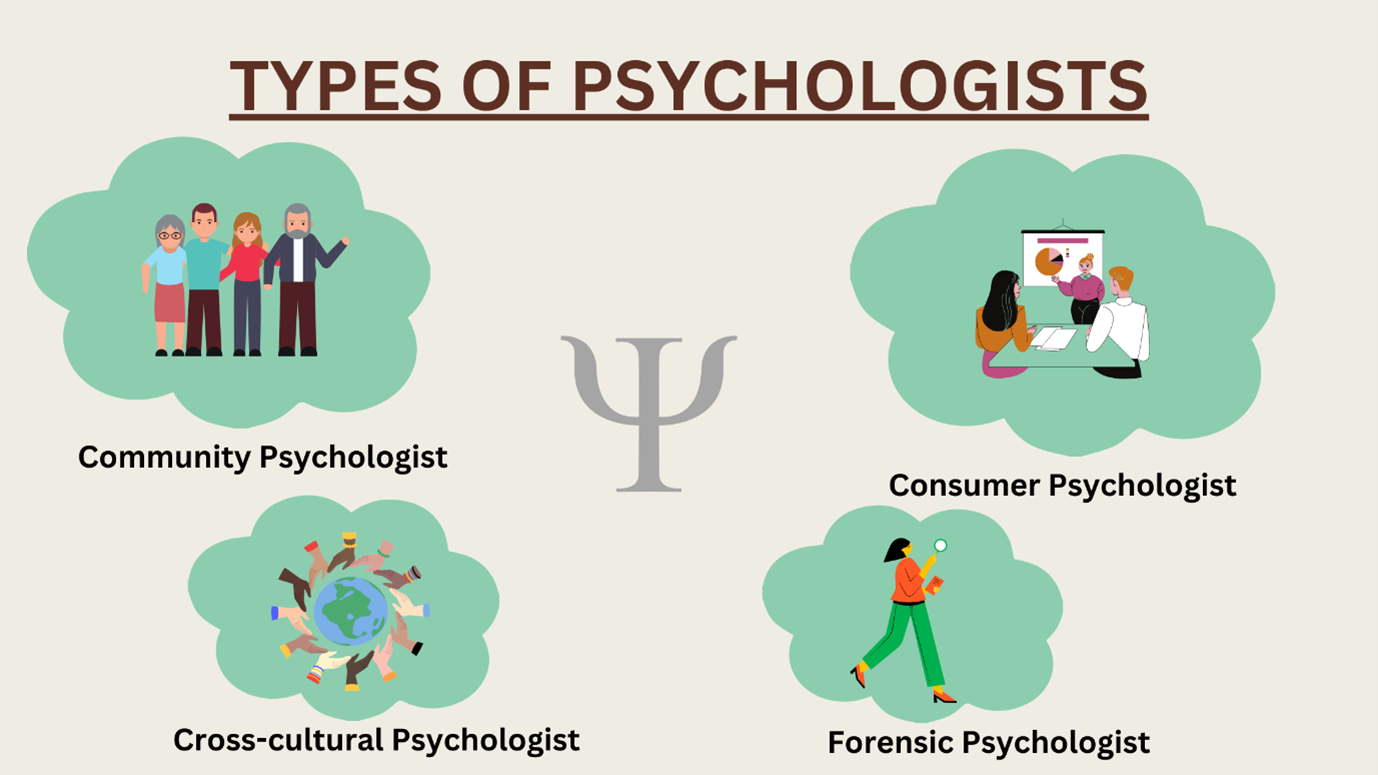Leading Factors to Consult the Best Psychologist in Delhi for Your Emotional Wellness
Leading Factors to Consult the Best Psychologist in Delhi for Your Emotional Wellness
Blog Article
Psych Therapy: A Comprehensive Guide to Results and techniques

Cognitive-Behavioral Therapy
Cognitive-Behavioral Therapy (CBT) is a commonly made use of psychotherapeutic technique that concentrates on determining and modifying dysfunctional thinking and actions patterns. Created in the 1960s by Aaron T. Beck, CBT integrates cognitive and behavioral concepts to resolve various mental health and wellness problems, including depression, anxiety, and stress-related conditions.
Methods such as cognitive restructuring, direct exposure therapy, and skill-building workouts are generally utilized. Cognitive restructuring entails challenging and modifying negative idea patterns, while direct exposure treatment intends to lower anxiety and stress and anxiety with steady direct exposure to feared situations or items.
Evidence-based study sustains the effectiveness of CBT for a large array of mental disorders - Best Psychologist in Delhi. Its emphasis on skill purchase and self-help methods empowers customers to continue development independently after treatment ends. The adaptability and performance of CBT have actually made it a foundation in contemporary psychotherapeutic practice
Psychodynamic Techniques
Rooted in the early theories of Sigmund Freud, psychodynamic methods concentrate on discovering the subconscious mind and its influence on habits and feelings. These methods intend to uncover concealed ideas and sensations that may be driving maladaptive actions and mental distress. Central to this strategy is the concept of internal dispute, typically stemming from unsolved previous experiences, specifically those from childhood.
Therapists utilizing psychodynamic strategies use several key techniques, consisting of cost-free association, where individuals are motivated to speak openly to expose unconscious product, and dream evaluation, which translates the latent content of dreams. Additionally, the expedition of transfer and countertransference dynamics within the restorative connection is vital. These communications can supply insights into the person's interior globe and relational patterns.
Psychodynamic treatment is normally longer-term contrasted to other methods, providing a comprehensive and deep understanding of the individual's psyche. Research study suggests that it can be especially reliable for intricate psychological wellness concerns, such as individuality conditions and persistent clinical depression. By cultivating self-awareness and psychological understanding, psychodynamic treatment looks for to bring subconscious product to awareness, making it possible for people to attain purposeful and long-term change in their lives.
Humanistic Techniques
Structure on the structures laid by psychodynamic techniques, humanistic methods use an unique point of view concentrated on private prospective and self-actualization. Originating in the mid-20th century, these techniques focus on the intrinsic goodness and growth potential of people, highlighting an alternative view of human experience. Key figures such as Carl Rogers and Abraham Maslow have actually dramatically affected this therapeutic method, which encompasses methods like client-centered treatment and Gestalt therapy.
Client-centered therapy, created by Rogers, plays a crucial function in humanistic techniques. The specialist's function is more of a facilitator than an authority, motivating clients to harness their internal resources for recovery.
Gestalt therapy, an additional important humanistic strategy, emphasizes existing minute understanding and the integration of body and mind. By concentrating on the "present moment," customers get better insight into their existing emotions and habits. Strategies such as role-playing and directed visualization are usually utilized to assist customers gain a deeper understanding of themselves, inevitably resulting in boosted self-awareness and fulfillment.
Integrative Treatments
Integrative therapies represent a synthesis of different restorative strategies tailored to fulfill the unique needs of each client. This strategy acknowledges the complexity of human psychology and the complex nature of mental health issues. By incorporating components from various institutions of psychiatric therapy-- such as cognitive-behavioral treatment (CBT), psychodynamic treatment, and humanistic strategies-- integrative therapies offer a more flexible and all natural therapy paradigm.
Specialists of integrative therapy analyze each client's particular requirements, symptoms, and individual background to develop a customized treatment plan. This individualized approach improves the possibility for therapeutic success by resolving the origin of psychological distress and advertising general health. Strategies may consist of mindfulness workouts, cognitive restructuring, and psychological processing, each chosen to target different aspects of the customer's concerns.
Moreover, integrative treatments highlight the restorative partnership, watching the client-therapist bond as a vital part of effective therapy. This connection promotes an encouraging atmosphere where clients really feel safe to check out and address their concerns. The flexibility of integrative treatments makes them ideal for a broad variety of conditions, consisting of stress and anxiety, anxiety, injury, and social troubles, thus increasing their applicability and efficiency in varied clinical settings.
:max_bytes(150000):strip_icc()/criminal-psychologist-a-career-profile-2795649_final-c2d3b9e7a0df4a38b5843c24b5924fee.png)
Measuring Therapy Results
Reviewing the performance of psychotherapy is vital for both customers and clinicians to make certain that the therapy is producing the preferred outcomes. To accomplish this, click to read more different approaches and devices are used to gauge treatment outcomes systematically. Standard evaluation tools, such as the Beck Clinical Depression Supply (BDI) and the Generalized Stress And Anxiety Problem 7 (GAD-7), supply measurable data on symptom seriousness and adjustments gradually.
Along with standard tools, qualitative Source techniques like client self-reports and clinical interviews provide beneficial insights into the individual experiences and regarded progress of clients. Consistently set up examinations, normally at the beginning, axis, and end of treatment, help in tracking the trajectory of renovation or identifying locations needing modification.
Outcome dimension is not restricted to symptom reduction; it additionally includes useful improvements in life, such as much better interpersonal relationships, enhanced job efficiency, and enhanced total well-being. Modern improvements in digital health and wellness have introduced mobile applications and online systems that facilitate real-time monitoring and responses, better improving the analysis procedure.
Ultimately, an extensive technique to gauging therapy end results makes certain that restorative treatments work, efficient, and tailored to satisfy the private requirements of customers, consequently optimizing the general therapeutic experience.
Final Thought
Psychotherapy provides a diverse variety of techniques intended at dealing with details psychological wellness issues and improving total health. Cognitive-Behavioral Therapy and psychodynamic techniques target useless thoughts and subconscious influences, specifically. Humanistic strategies concentrate on individual growth and self-actualization, while integrative therapies combine multiple approaches for tailored therapy plans. Assessing therapy outcomes with qualitative approaches and standard assessments ensures a thorough understanding of performance, inevitably leading customers towards enduring psychological wellness improvements.
From the structured technique of Cognitive-Behavioral Therapy (CBT) to the deep expedition visit site of the subconscious in psychodynamic treatment, each approach brings distinct benefits. Its emphasis on ability purchase and self-help techniques encourages clients to continue development individually after treatment ends (Best Psychologist in Delhi). Secret numbers such as Carl Rogers and Abraham Maslow have actually significantly affected this therapeutic technique, which encompasses approaches like client-centered therapy and Gestalt treatment

Report this page